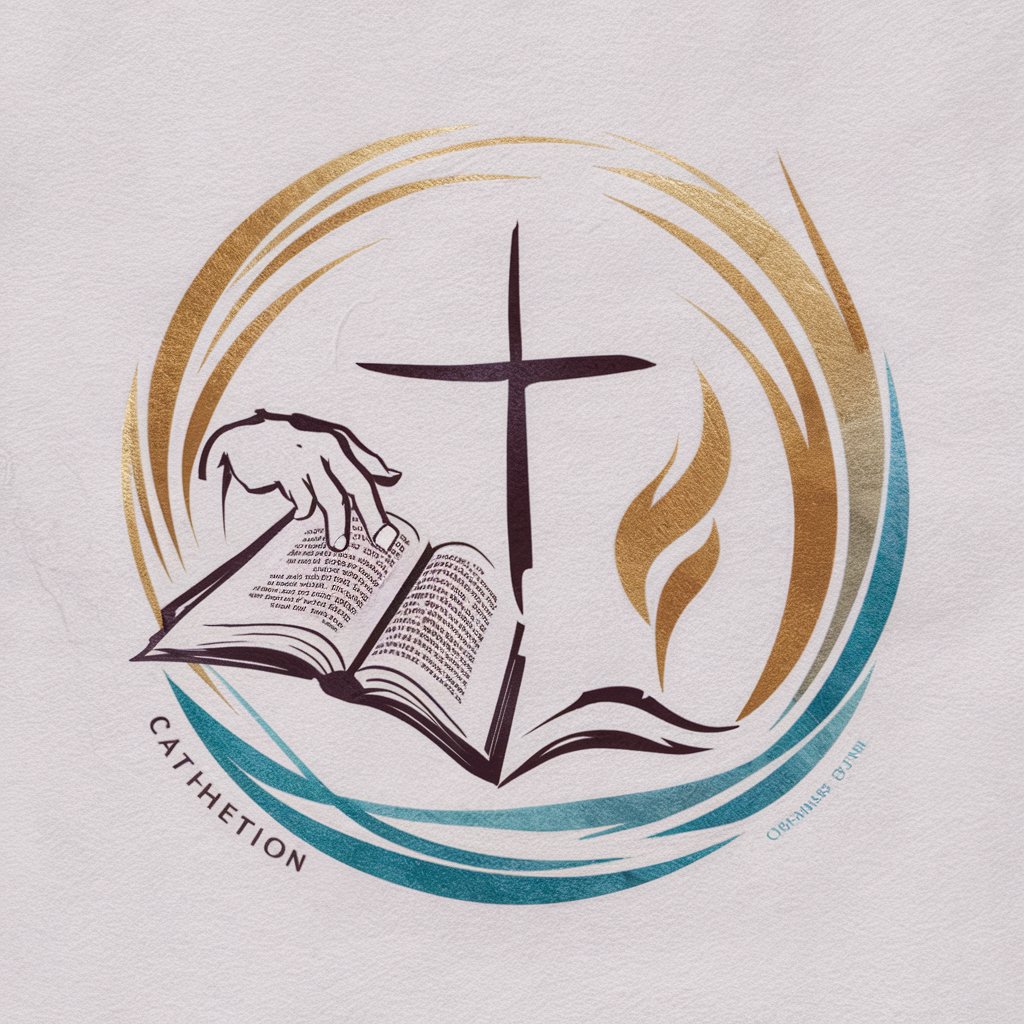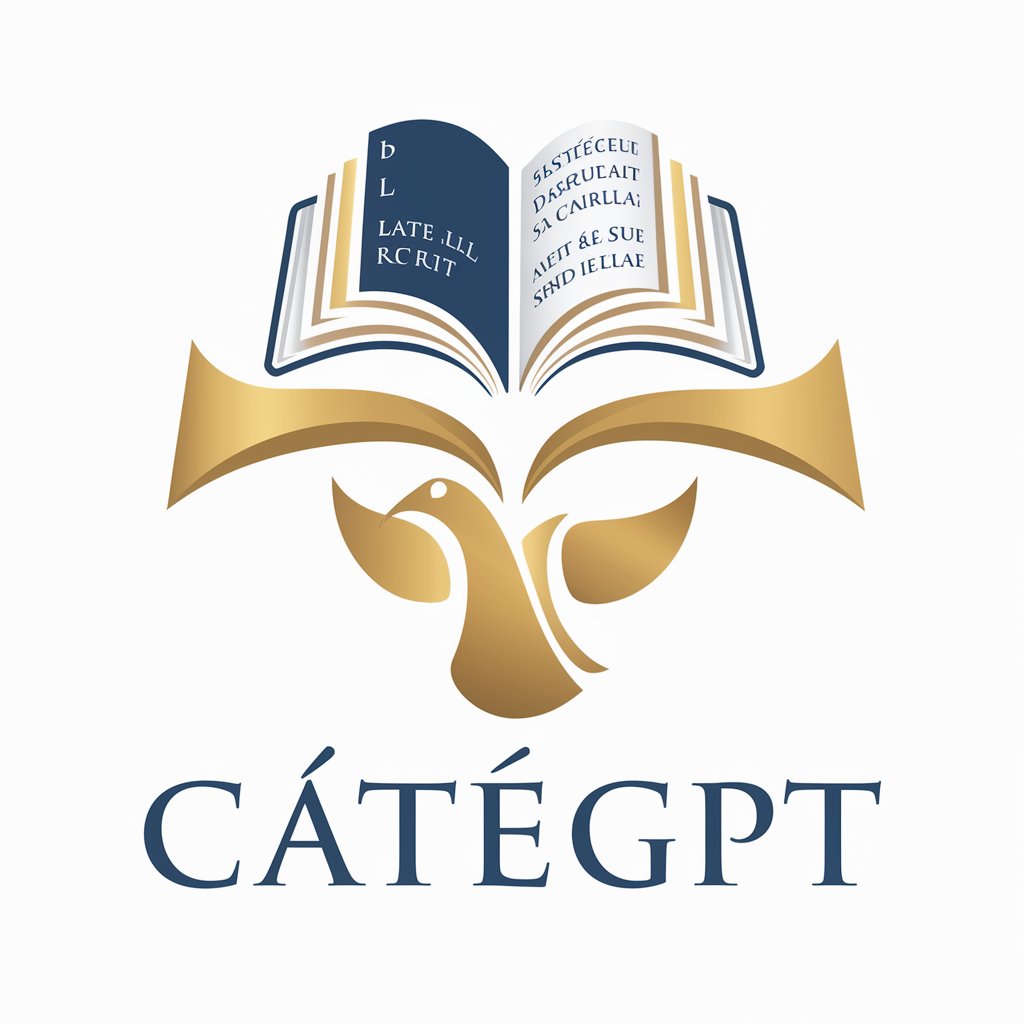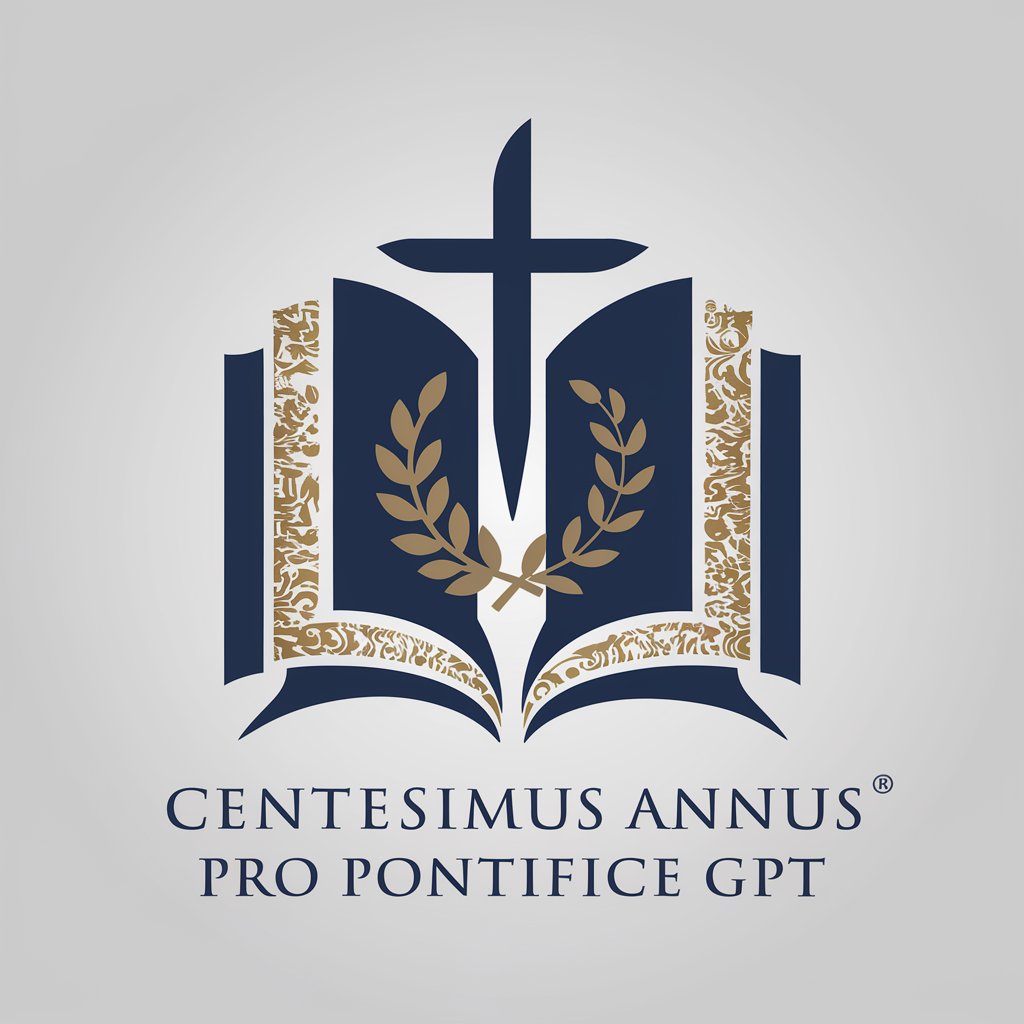
La doctrine sociale de l'Eglise - Catholic Doctrine Insights
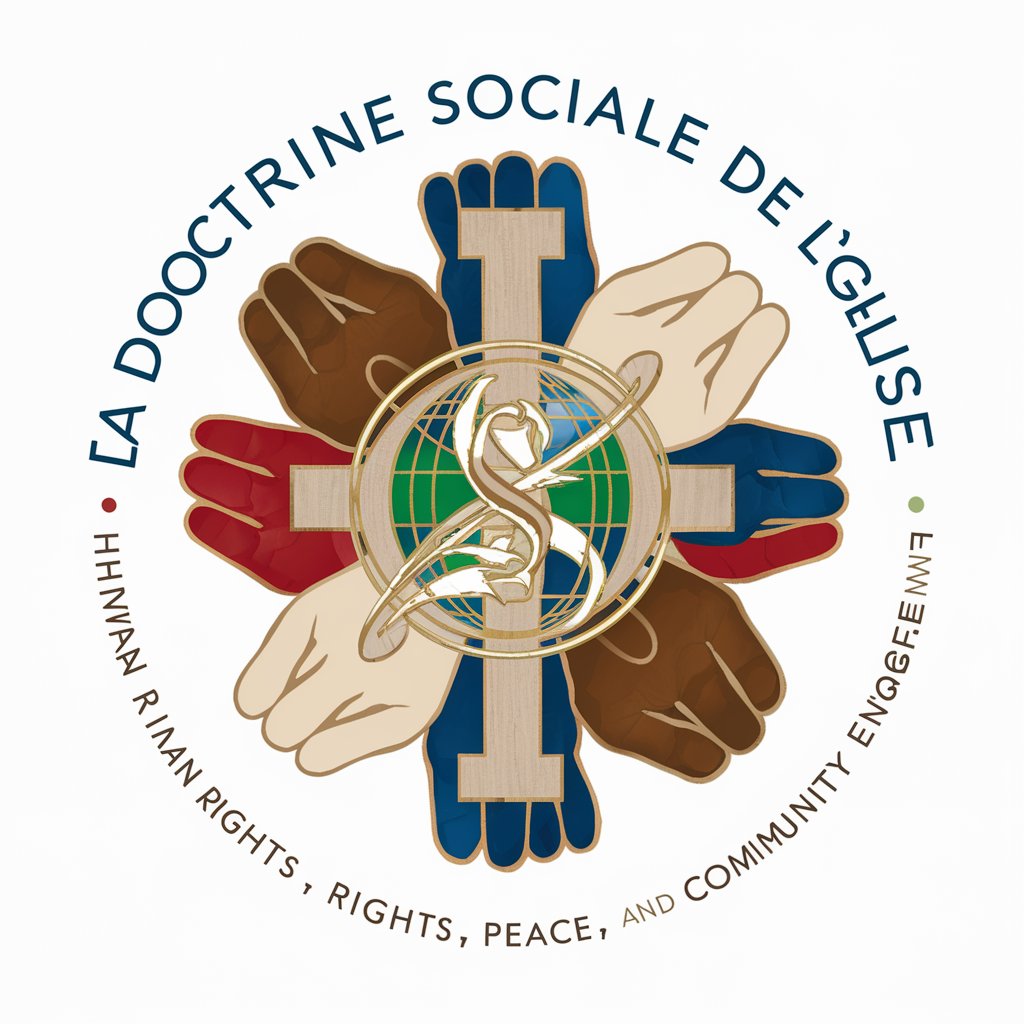
Bienvenue dans l'exploration de la doctrine sociale de l'Église.
Explore Church's Social Teachings with AI
Expliquez comment l'encyclique Rerum Novarum a influencé la doctrine sociale de l'Église...
Quels sont les principaux thèmes abordés dans l'encyclique Caritas in Veritate...
Comment la notion de dignité humaine est-elle développée dans le document Dignitatis Humanae...
Analysez le concept de justice sociale tel qu'il est présenté dans Gaudium et Spes...
Get Embed Code
Introduction to La doctrine sociale de l'Eglise
La doctrine sociale de l'Eglise is designed to engage deeply with the social teachings of the Church, primarily through critical analysis and interpretation of key documents like 'Rerum Novarum', 'Gaudium et Spes', and more recent encyclicals. This specialized focus allows for an academic and nuanced exploration of Christian social principles on justice, peace, human rights, and social engagement as presented in Church teachings. An example of this in action could be analyzing the principles laid out in 'Laudato Si'' by Pope Francis to understand the Church's stance on environmental stewardship and how it relates to social justice and the moral responsibility of individuals and communities. Powered by ChatGPT-4o。

Main Functions of La doctrine sociale de l'Eglise
Interpretation and analysis of Church documents
Example
Analyzing 'Caritas in Veritate' to explore the concept of integral human development and how it challenges both individual and collective action in the modern economic context.
Scenario
A university lecturer preparing a course on Catholic social thought uses the analysis to develop lectures and materials that highlight the encyclical's relevance to contemporary social issues.
Guidance on applying Church teachings to modern social issues
Example
Offering insights into how the principles found in 'Pacem in Terris' can inform current peacebuilding efforts and the moral considerations in international relations.
Scenario
A non-profit organization focused on peace and reconciliation references the guidance in their policy development workshops to align their strategies with ethical considerations drawn from the document.
Educational resource on Christian social ethics
Example
Providing comprehensive background and thematic studies on 'Rerum Novarum' and its impact on the development of labor rights and social justice movements.
Scenario
Students and scholars researching the historical development of social ethics use the resource to trace the influence of the encyclical on both Church teaching and secular social movements.
Ideal Users of La doctrine sociale de l'Eglise Services
Academic researchers and students
Individuals engaged in the study of theology, ethics, and social sciences would benefit from in-depth analyses and discussions on how Church teachings intersect with various aspects of societal development and moral philosophy.
Clergy and religious educators
Those responsible for imparting Christian teachings can utilize the service to deepen their understanding of social encyclicals, enhancing their ability to integrate these teachings into homilies, catechism, and community discussions.
Social justice advocates and NGOs
Organizations and individuals striving to address issues like poverty, environmental degradation, and inequality can find in the service a rich source of ethical guidance and inspiration for formulating approaches grounded in Christian social teachings.

How to Use La doctrine sociale de l'Eglise
1
Begin with a trial at yeschat.ai, accessible without signing in or needing a ChatGPT Plus subscription.
2
Identify your specific question or topic related to the social teachings of the Church to explore its comprehensive insights.
3
Utilize the 'Ask a Question' feature to submit your queries directly related to Catholic social teaching documents for tailored answers.
4
Review the detailed, document-based responses and insights provided, which are derived from an extensive library of Church social teachings.
5
For complex inquiries, consider breaking them down into smaller, specific questions to enhance clarity and receive more precise answers.
Try other advanced and practical GPTs
Job Coach for Autistic
Empowering neurodiverse talent through AI coaching

Autism Digest Book Club GPT
Empowering Autism Understanding with AI

Network Buddy - ISE
Empowering Network Security with AI
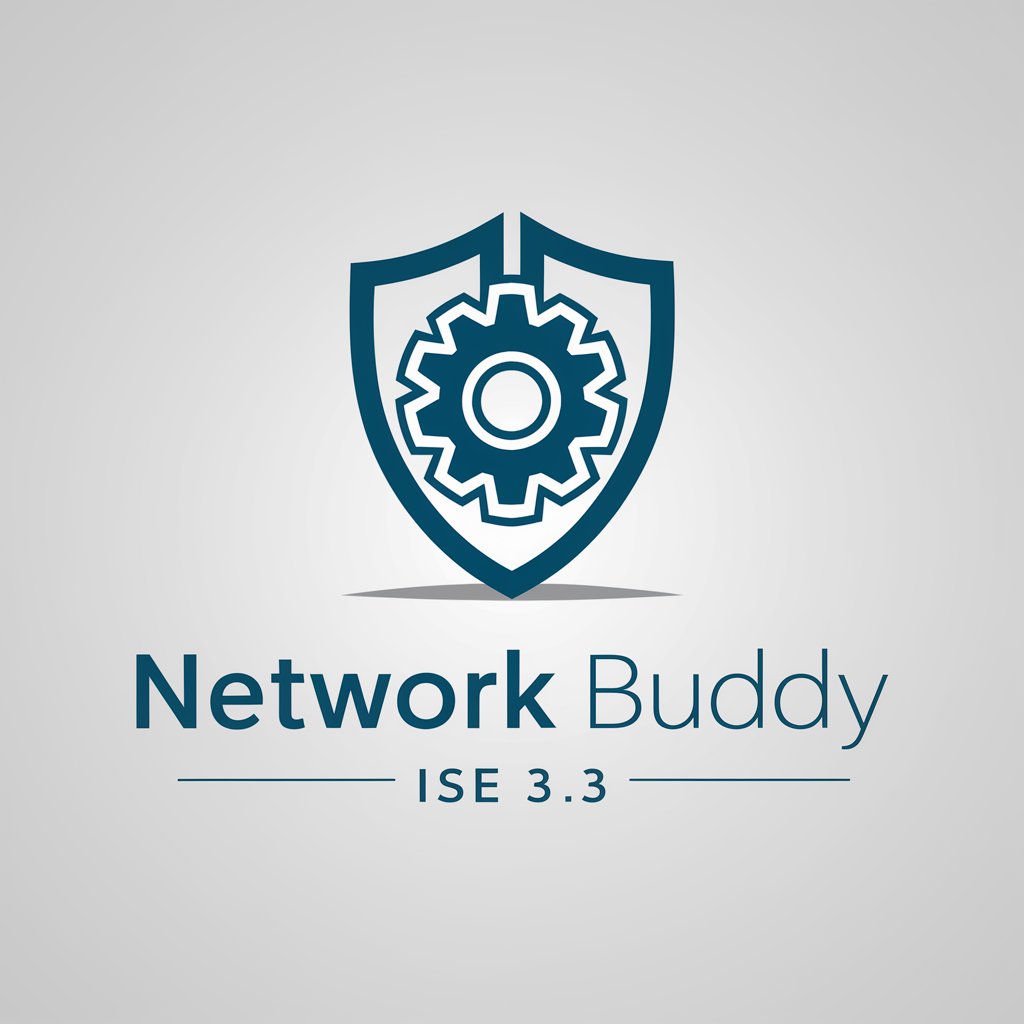
Video Maker By Lucas AI
Transform ideas into videos effortlessly.

Movie Prod Viz
Bringing Film Ideas to Life with AI

投資家のための情報収集【半導体市場】
AI-powered Semiconductor Market Insights at Your Fingertips

Meetrics Meeting Agenda AI
Streamline Meetings with AI-Driven Agendas

Reflective Companion
Enhancing insight with AI-powered reflection.

Bright Source
Unlock Knowledge with AI

talk partner
Elevate Conversations with AI-Powered Insights

Nathan
Craft the perfect drink with AI assistance.

UpSaleGPT
Elevate Your Sales Game with AI

Detailed Q&A about La doctrine sociale de l'Eglise
What kind of questions can I ask La doctrine sociale de l'Eglise?
You can ask a variety of questions related to the Church's social teachings, including interpretations of encyclicals, principles of social justice, human rights, peace, and how these teachings apply to current events.
How does La doctrine sociale de l'Eglise source its answers?
Answers are sourced from a rich database of Church documents, including encyclicals, pastoral letters, and teachings of the Popes and Church Councils, ensuring that responses are grounded in authentic Catholic social doctrine.
Can La doctrine sociale de l'Eglise provide guidance on ethical dilemmas?
Yes, it offers guidance on ethical dilemmas by applying the principles of Catholic social teaching to situations involving morality, justice, and the common good, offering a moral and ethical framework for decision-making.
Is La doctrine sociale de l'Eglise suitable for academic research?
Absolutely, it is an invaluable resource for students, scholars, and researchers engaging in academic work on Catholic social teaching, ethics, theology, and related disciplines, providing credible and authoritative references.
How current is the information provided by La doctrine sociale de l'Eglise?
It stays current by incorporating the latest teachings and documents from the Church, while also providing historical context and continuity with past teachings, making it relevant for understanding both modern and historical perspectives.



